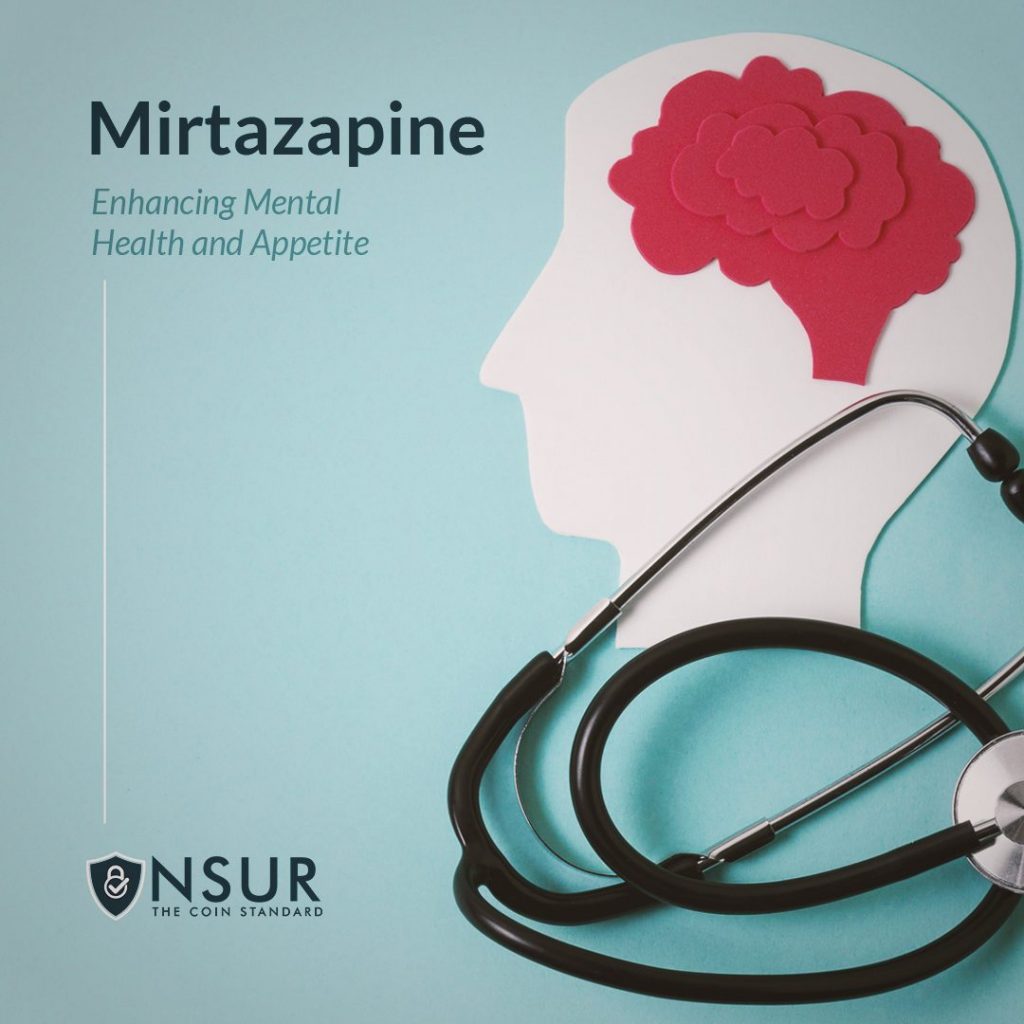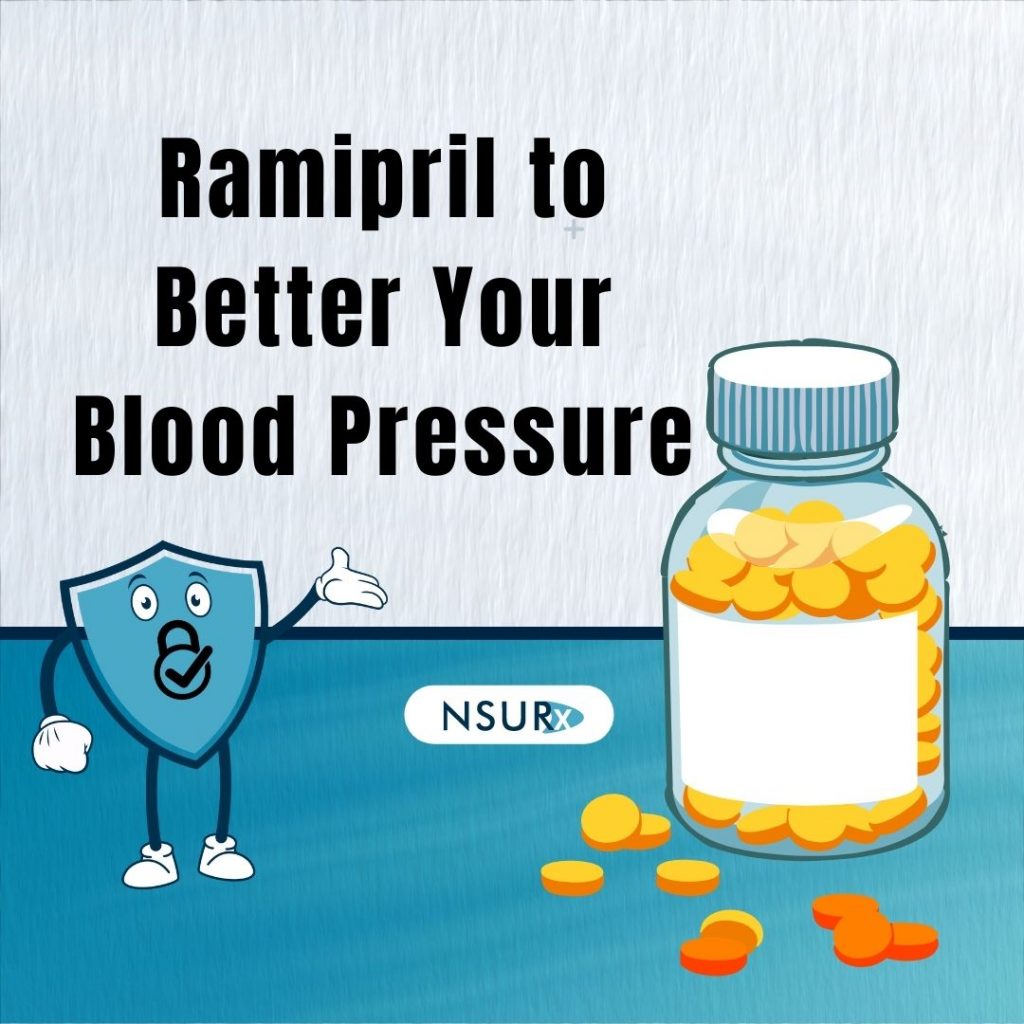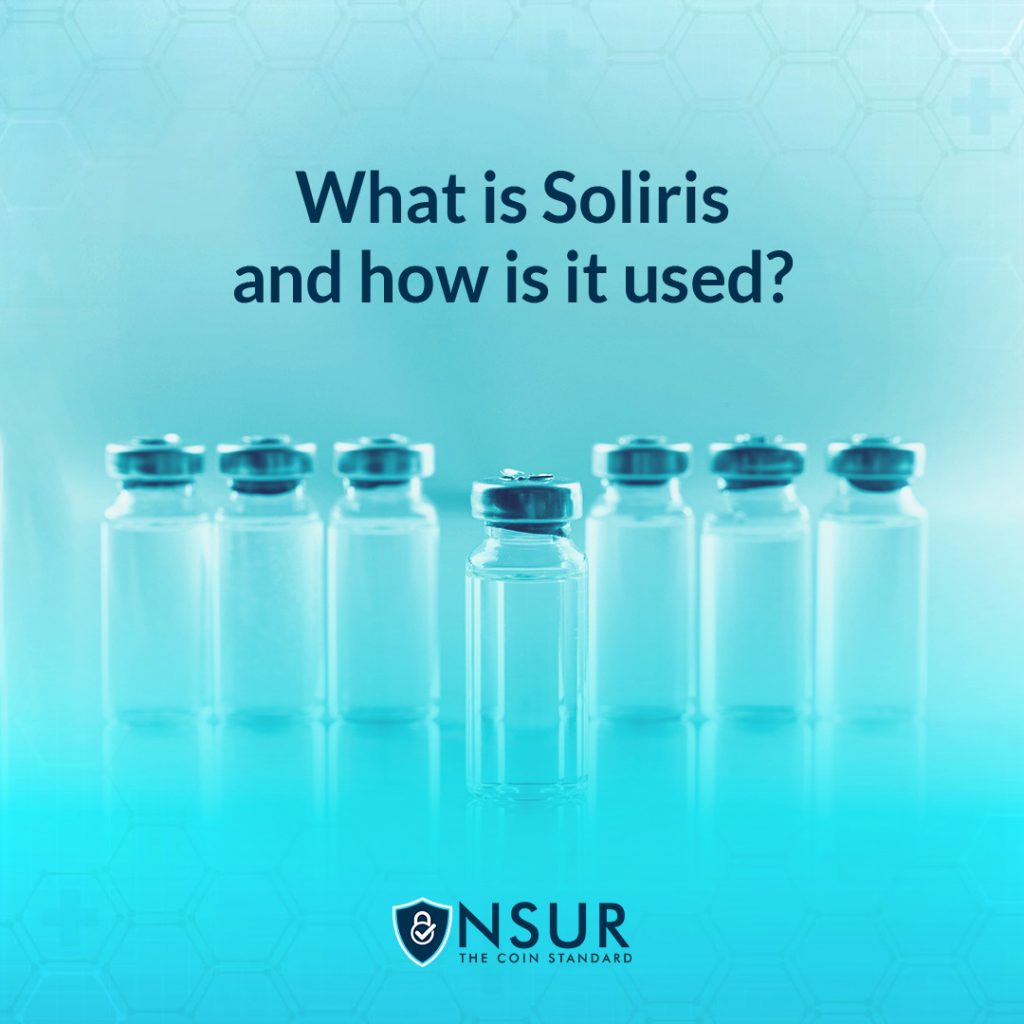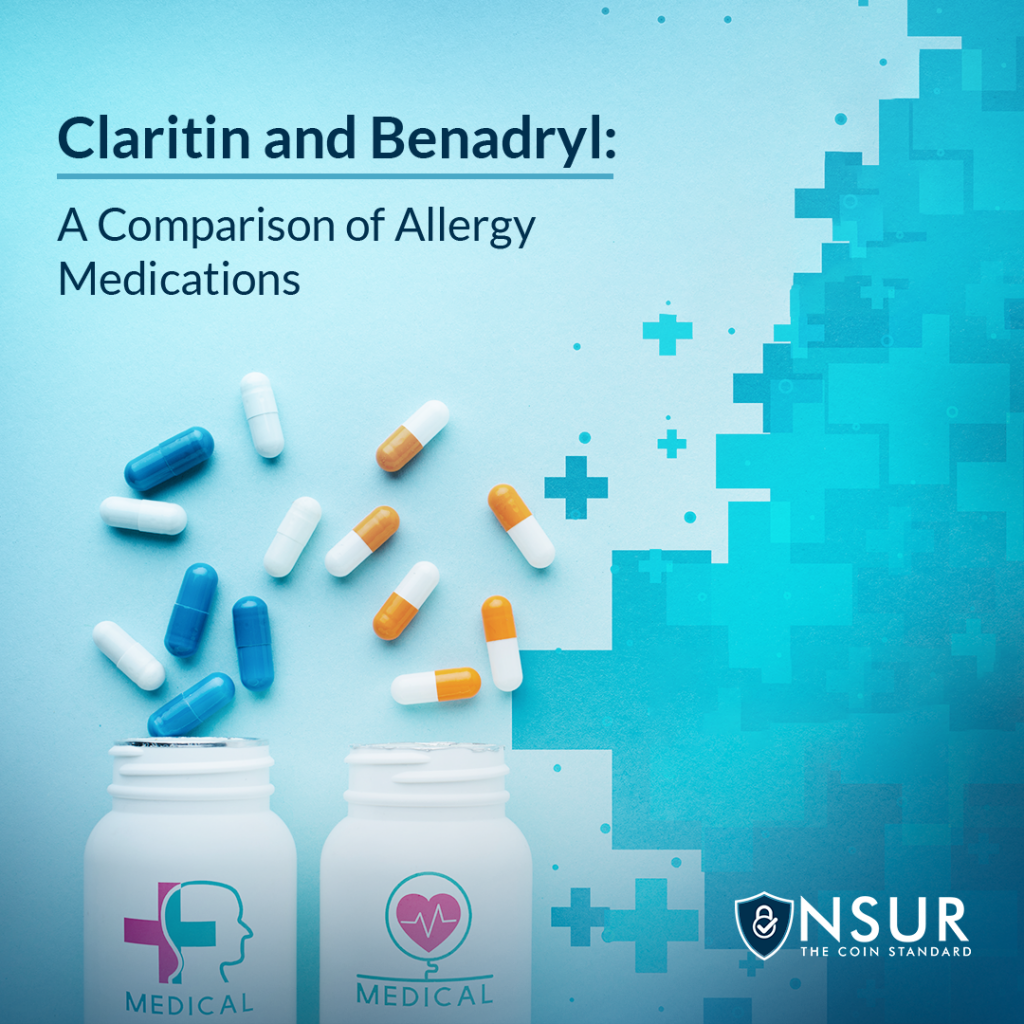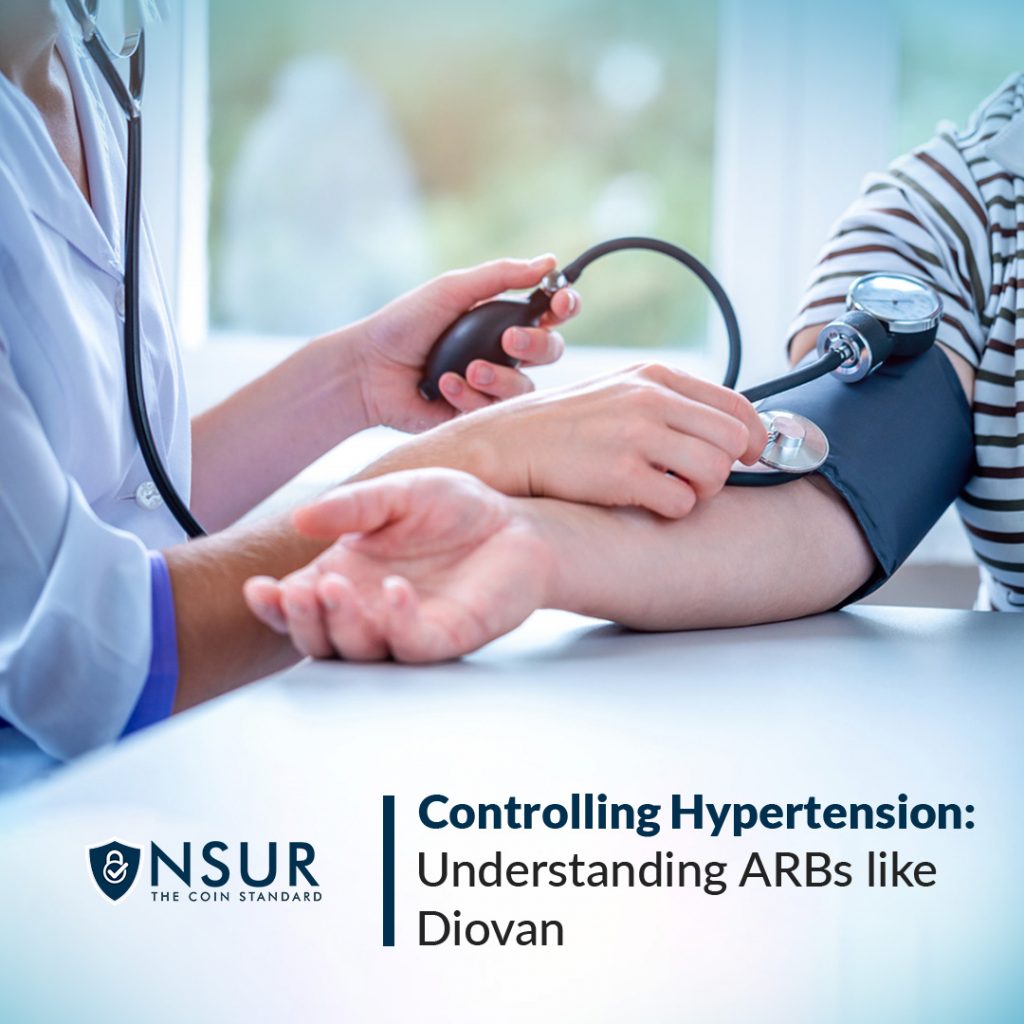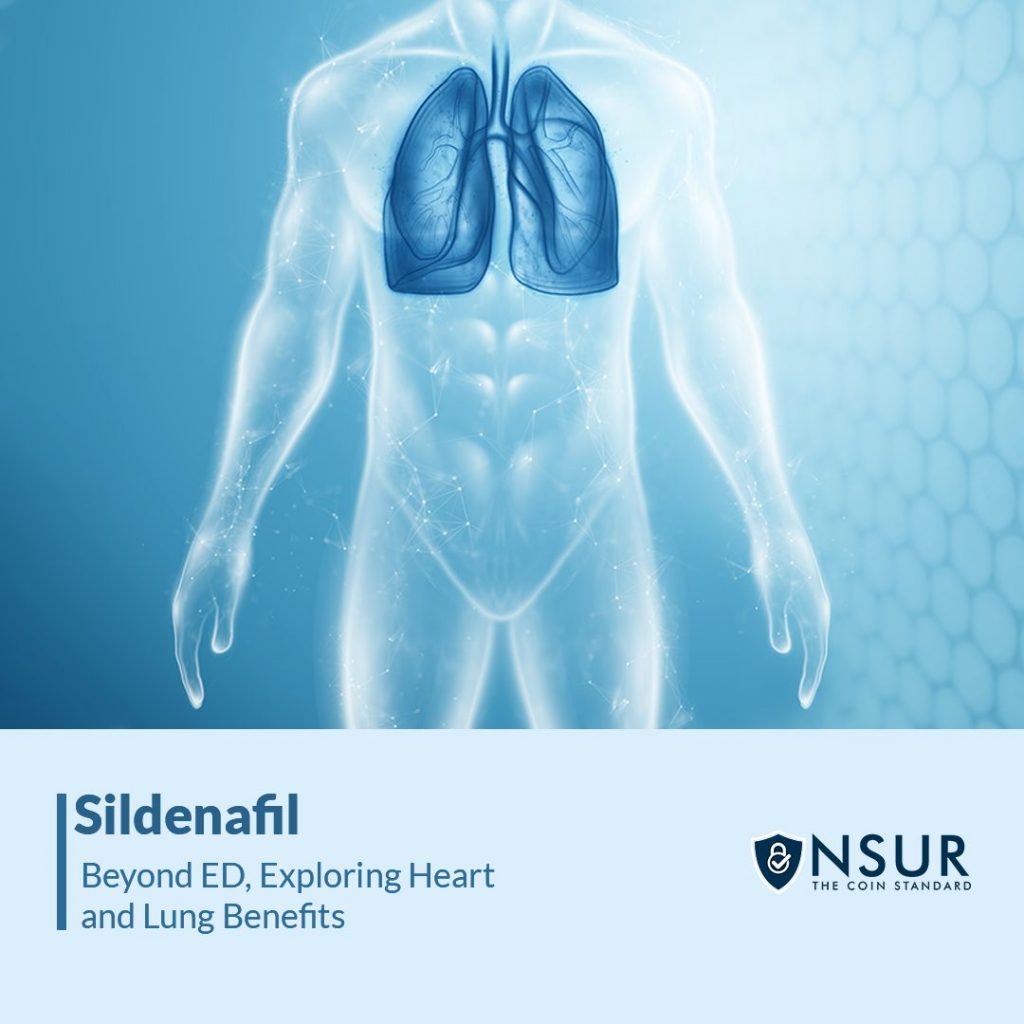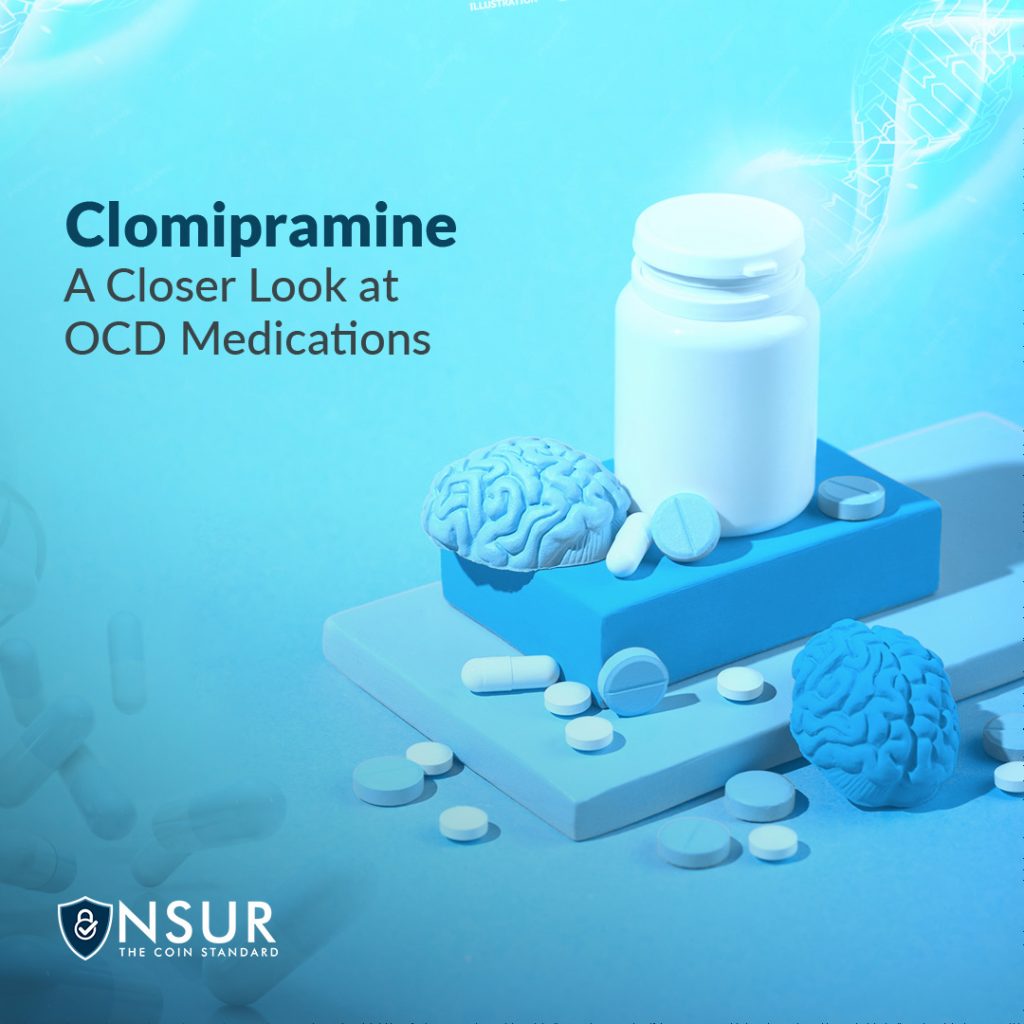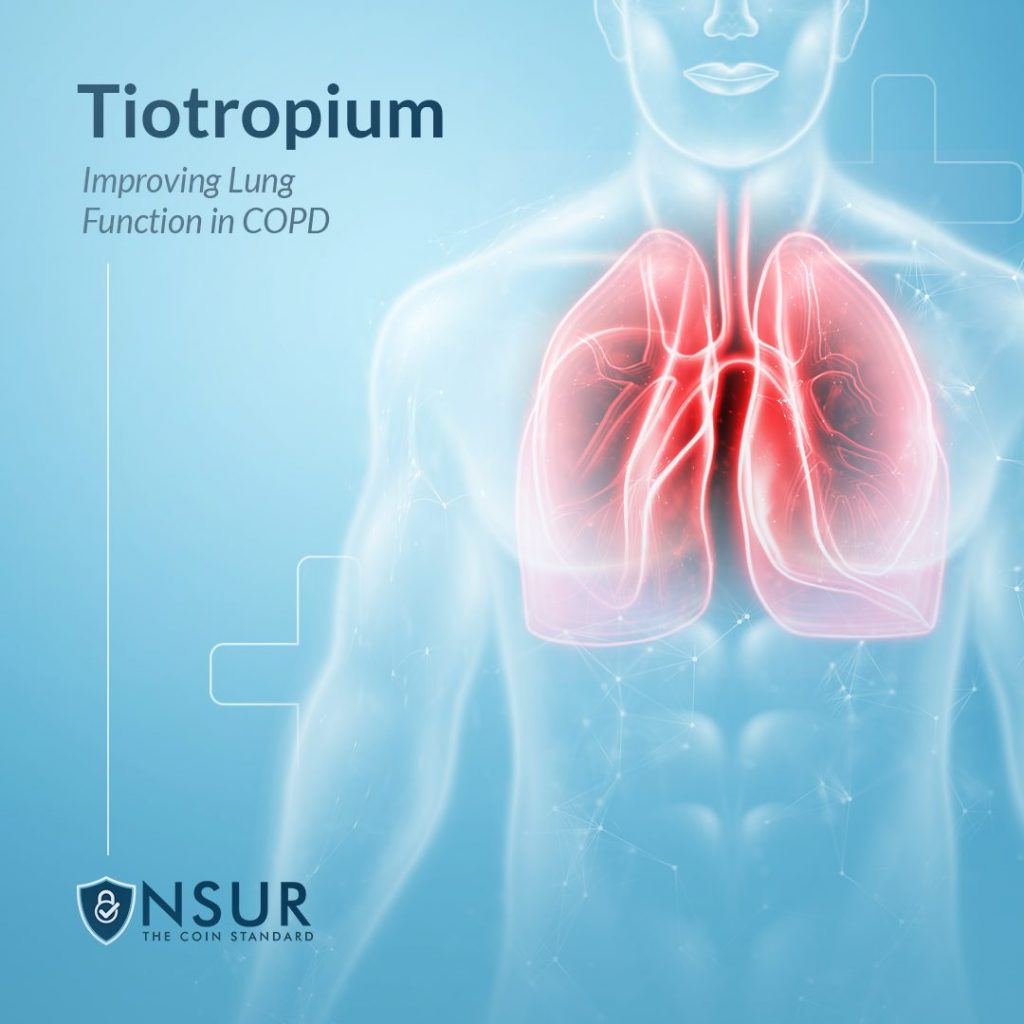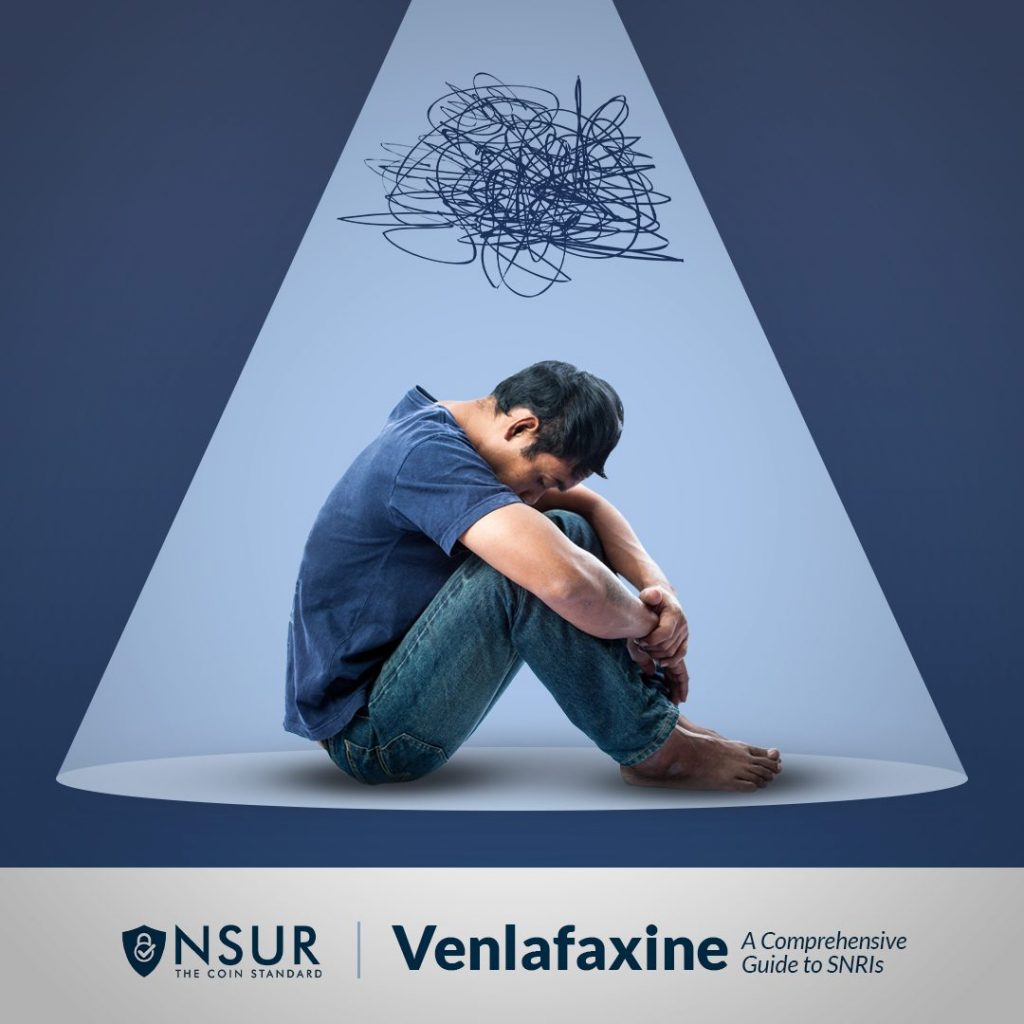
Venlafaxine is a name that, although might sound unfamiliar to many, has been a source of relief for countless individuals around the world. Classified as an SNRI, or Serotonin-Norepinephrine Reuptake Inhibitor, Venlafaxine is primarily used to treat depression and anxiety disorders. In this guide, we will delve into the world of SNRIs and explore how Venlafaxine stands out.
1. What are SNRIs?
SNRIs, or Serotonin-Norepinephrine Reuptake Inhibitors, are a class of drugs designed to increase the levels of serotonin and norepinephrine in the brain. These neurotransmitters are chemical messengers that play a crucial role in mood regulation. By inhibiting their reuptake, SNRIs ensure that higher levels of these neurotransmitters remain in the brain, which can lead to improved mood and reduced anxiety.
2. Venlafaxine and its Mechanism of Action
Venlafaxine works by targeting the neurotransmitters serotonin and norepinephrine. The drug stops the reabsorption of these chemicals into nerve cells, ensuring a more consistent and elevated presence in the brain. This action can help balance mood and contribute to a reduction in the symptoms of depression and anxiety.
3. Uses of Venlafaxine
Though primarily prescribed for major depressive disorders, Venlafaxine is also effective for generalized anxiety disorder, panic disorder, and social anxiety disorder. Some doctors may also recommend it off-label for conditions like chronic neuropathic pain.
4. Side Effects of Venlafaxine
All medications have side effects, and Venlafaxine is no exception. Common side effects include:
- Nausea
- Dry mouth
- Drowsiness
- Dizziness
- Insomnia
- Sweating
Most of these side effects tend to subside as the body adjusts to the medication. However, it’s essential always to communicate with your doctor about any discomfort or unusual experiences while on the drug.
5. Precautions and Interactions
Before starting Venlafaxine, it’s vital to inform your doctor about any other medications or supplements you’re taking, as there might be potential interactions. Also, those with a history of high blood pressure, heart diseases, or glaucoma should discuss potential risks with their doctor. Withdrawal symptoms can occur if the medication is stopped abruptly, so always consult with a healthcare professional before making changes to your dosage.
6. SNRIs vs. SSRIs: What’s the difference?
SNRIs and SSRIs (Selective Serotonin Reuptake Inhibitors) are both classes of antidepressants. While they have similarities, the main difference lies in their target neurotransmitters. SSRIs focus solely on serotonin, whereas SNRIs target both serotonin and norepinephrine. The choice between the two often depends on the specific symptoms being treated and how an individual responds to the medications.
Take advantage of NSURx for your prescription drugs!
With the NSURx Prescription Benefit Card, you can save money on your medications at more than 35,000 pharmacies across the United States.
You can save up to 80% on your medication by using an NSURx card. Hundreds of dollars in savings could be yours every time you fill out your prescription.
The more you shop with NSURx, the more NSUR Coins you will receive as a reward.
Conclusion
Venlafaxine, as an SNRI, offers a dual-action approach to treating depression and anxiety. While it’s an effective medication for many, it’s essential to be informed and in close consultation with a healthcare professional while considering or taking it. Everyone’s body and brain chemistry is unique, so finding the right treatment might require time and patience.
Disclaimer
This blog post is intended for informational purposes only and should not be considered a substitute for professional medical advice. Always consult with a qualified healthcare provider for personalized recommendations and guidance.
